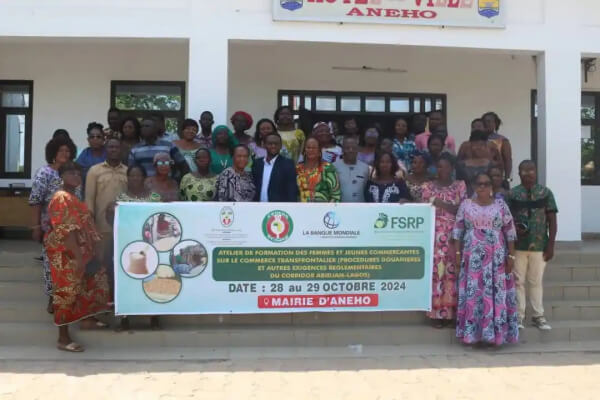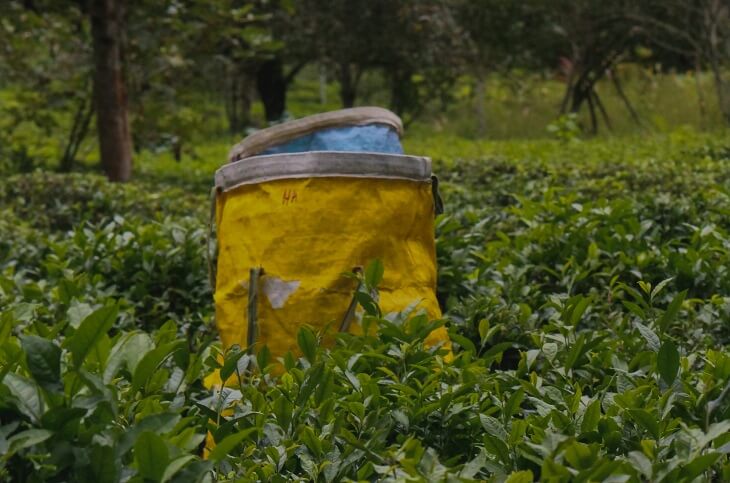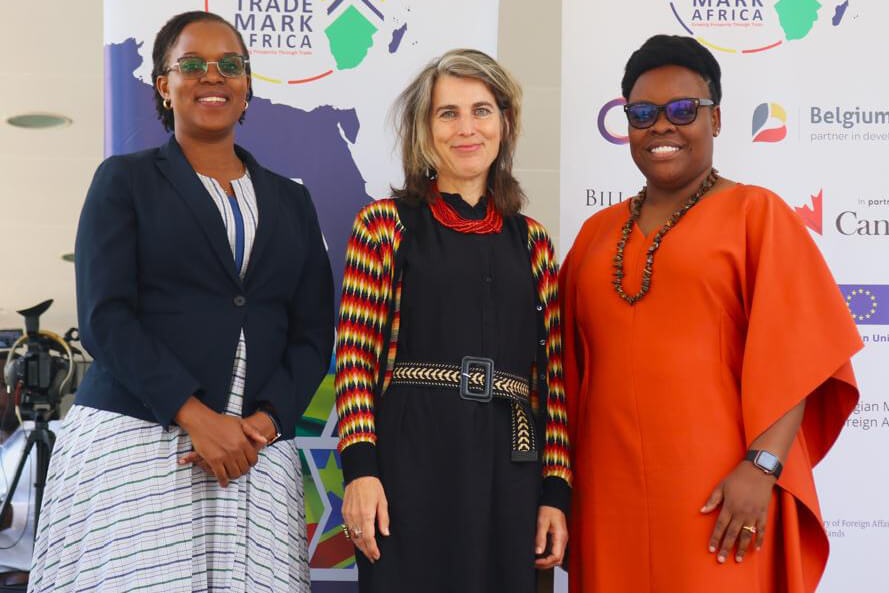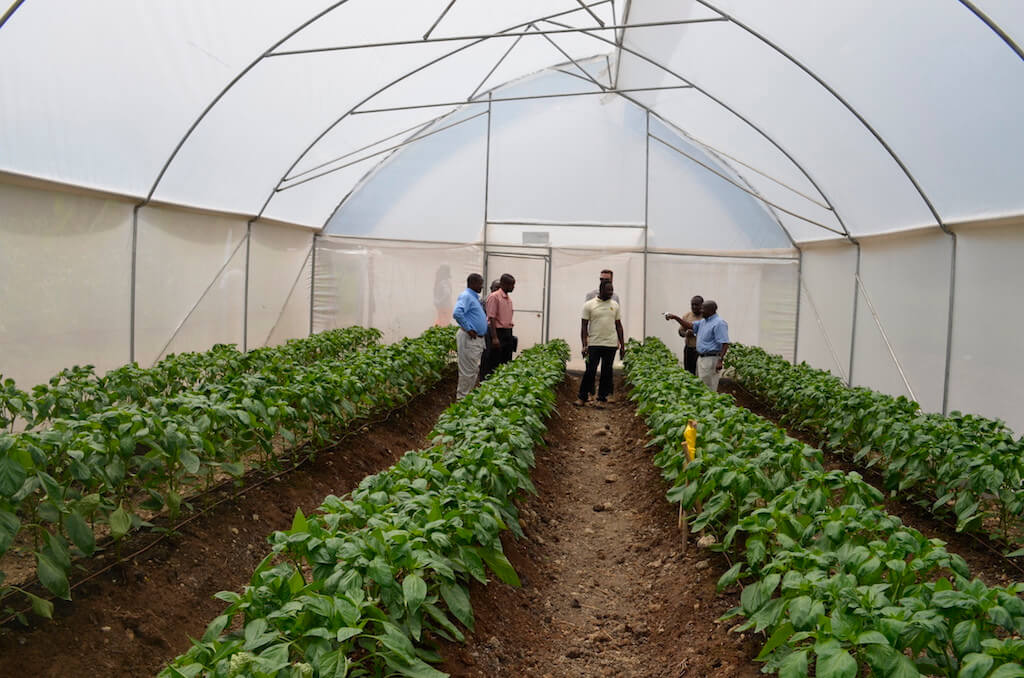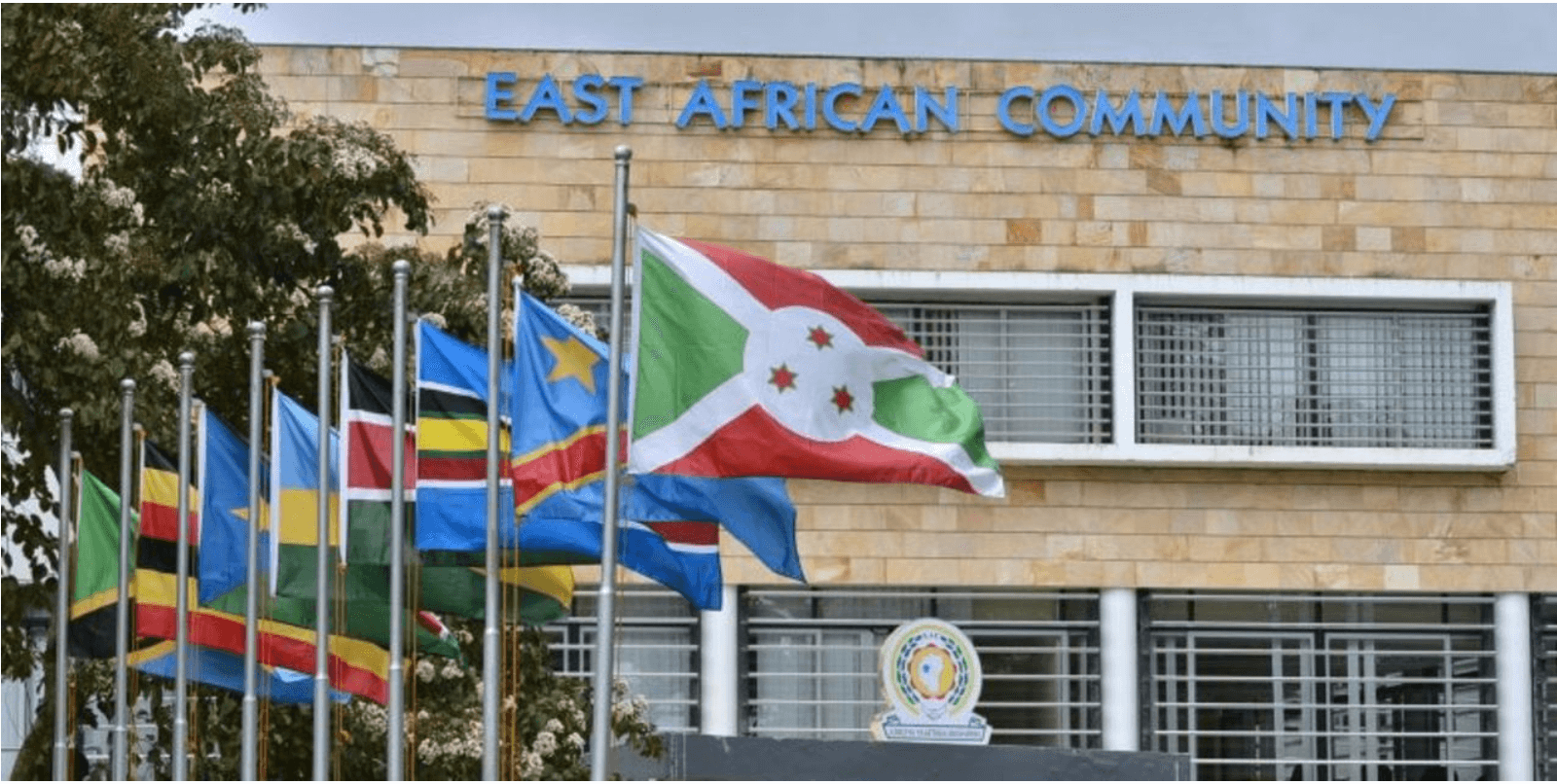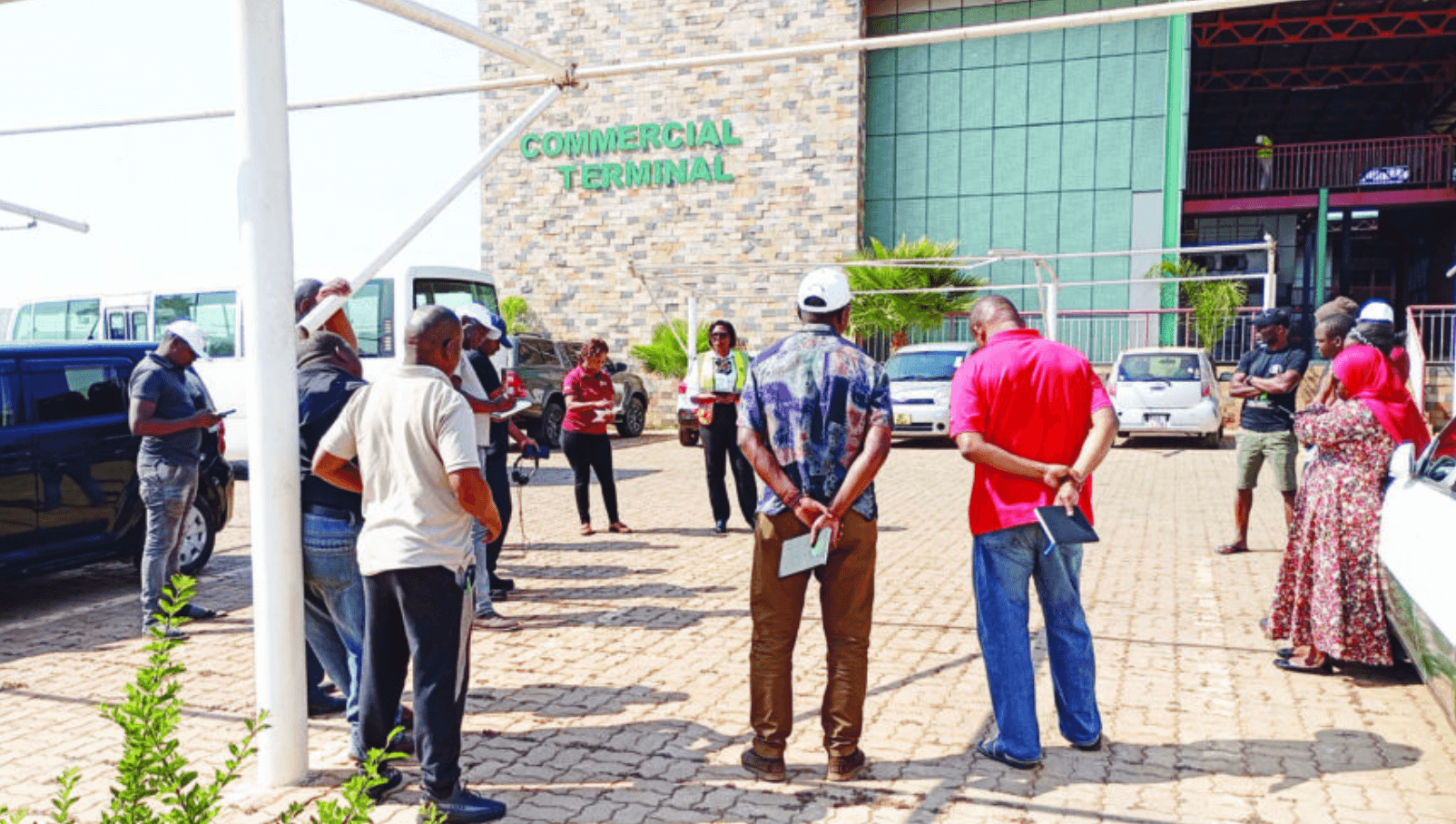The Secretary General of the African Continental Free Trade Area (AfCFTA) Secretariat, Wamkele Mene speaks during the Africa Trade Development Forum in Kigali on Monday, December 2. Courtesy. Africa has achieved different levels of digital trade, with some regions making more progress than others. Work must be done to connect the scattered dots and ensure the continent becomes a single digital market. The appeal was made by various leaders at the just-concluded Africa Trade Development Forum in Kigali, co-hosted by the government of Rwanda and TradeMark Africa. The forum was held under the theme, 'Unlocking Africa's trade potential through digital innovation.’ ALSO READ: How digitalisation is transforming trade in Africa The Secretary General of the African Continental Free Trade Area (AfCFTA) Secretariat, Wamkele Mene, cited the AfCFTA Digital Trade Protocol (AfCFTA DTP) as one of the ways digital trade fragmentations can be addressed on the continent. "We have seen how digital technologies have enabled trade and made it more efficient especially in the East African region. The AfCFTA DTP intends to consolidate all these efforts and create a single digital market," he said. The AfCFTA Digital Trade Protocol was adopted in February 2024, with negotiations still ongoing on annexes such as rules of origin and cross border digital payments. According to Annette Ssemuwemba, Deputy Secretary General Customs, Trade and Monetary Affairs at the East African Community, more still needs to be done to ensure a seamless flow of trade in the region. “The electronic single windows were meant to be integrated so that we are...
What’s holding back Africa’s digital trade?
Posted on: December 10, 2024
Posted on: December 10, 2024





